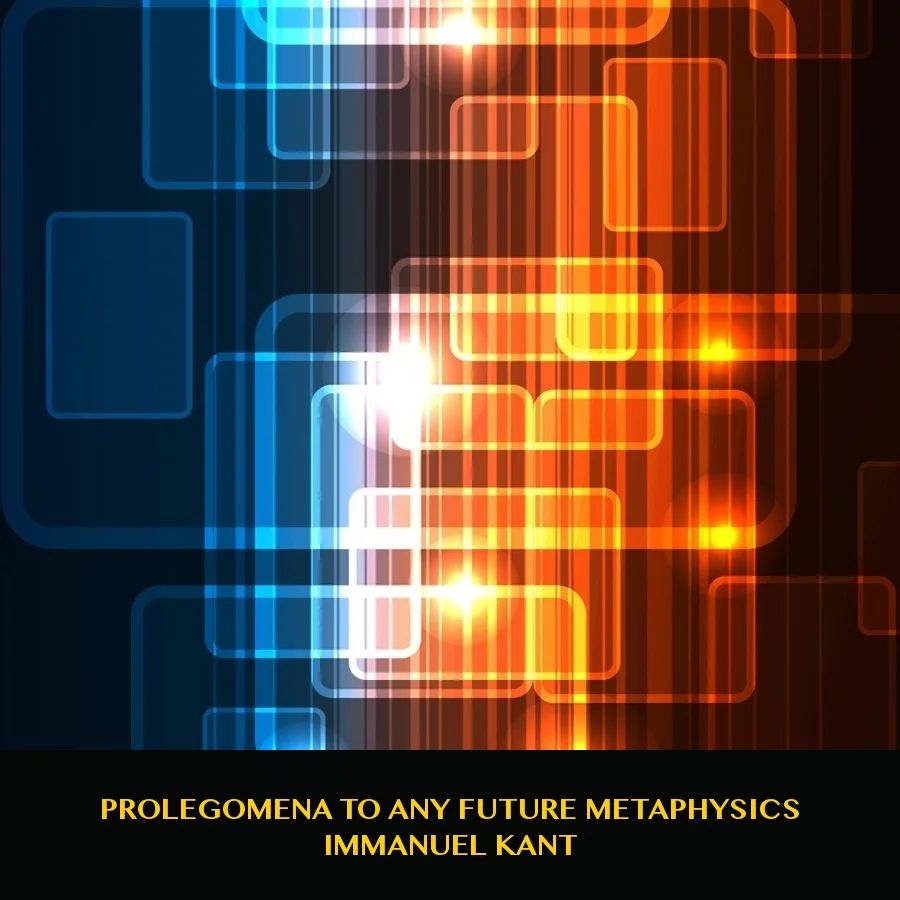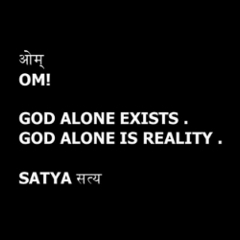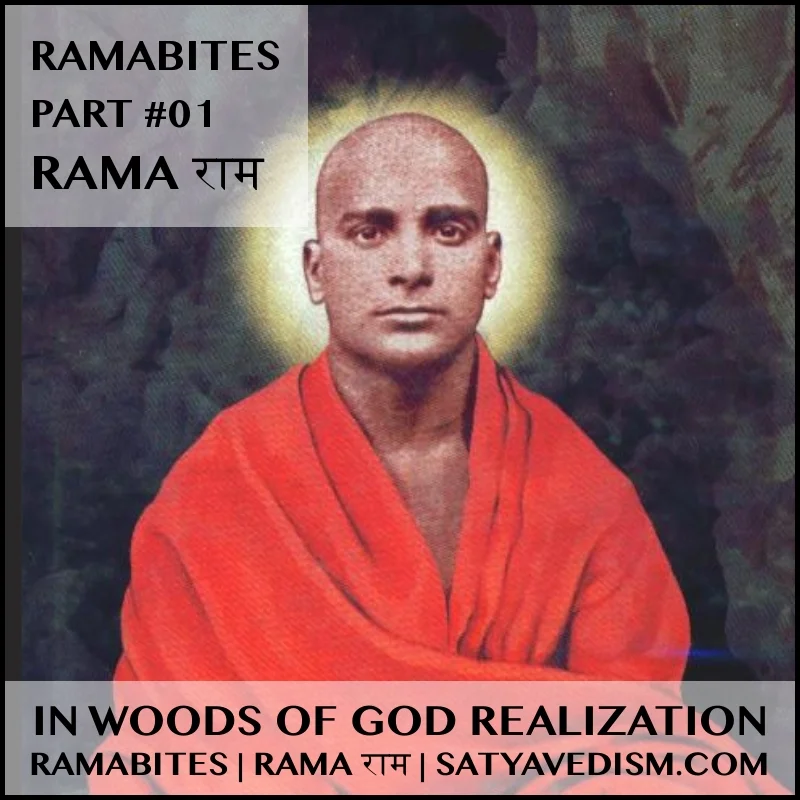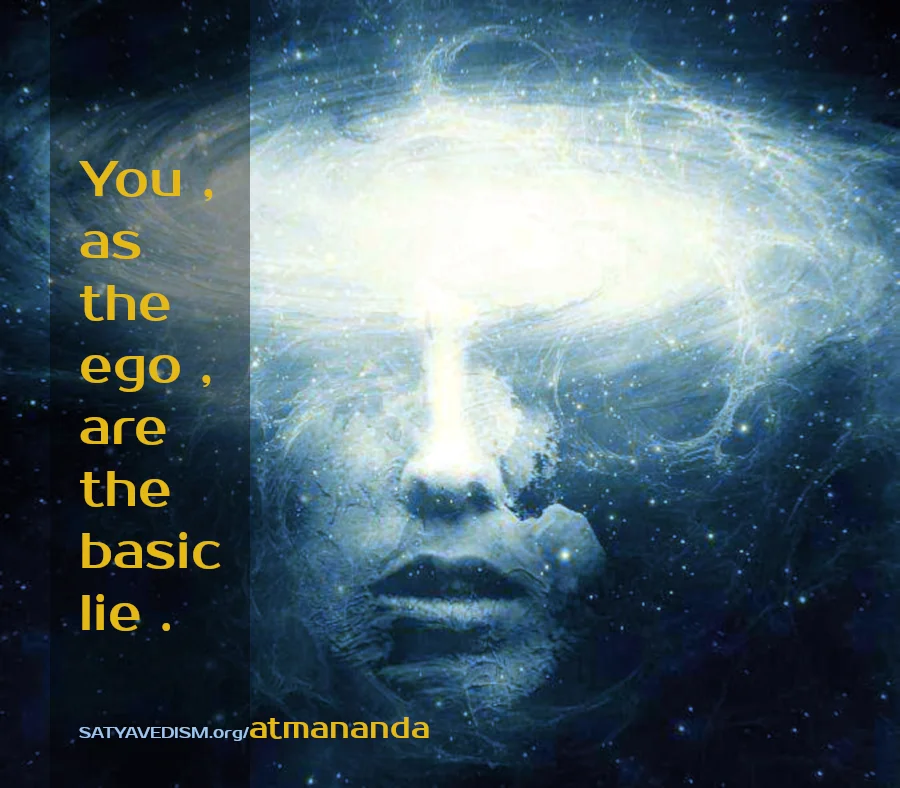PROLEGOMENA | PTAFM | SEL002 | KANT
| | homePROLEGOMENA | PTAFM | SEL002 | IMMANUEL KANT
|| PREAMBLE ON THE PECULIARITIES OF ALL METAPHYSICAL COGNITION ||
SECTION 02 | CONCERNING THE KIND OF COGNITION WHICH CAN ALONE BE CALLED METAPHYSICAL
|| 2A || Of The Distinction Between Analytical And Synthetical Judgments In General . || The peculiarity of its sources demands that metaphysical cognition must consist of nothing but a priori judgments .
But whatever be their origin , or their logical form , there is a distinction in judgments , as to their content , according to which they are either merely explicative , adding nothing to the content of the cognition , or expansive , increasing the given cognition : the former may be called analytical , the latter synthetical , judgments .
Analytical judgments express nothing in the predicate but what has been already actually thought in the concept of the subject , though not so distinctly or with the same ( full ) consciousness .
When I say : All bodies are extended , I have not amplified in the least my concept of body , but have only analyzed it , as extension was really thought to belong to that concept before the judgment was made , though it was not expressed , this judgment is therefore analytical .
On the contrary , this judgment , All bodies have weight , contains in its predicate something not actually thought in the general concept of the body ; it amplifies my knowledge by adding something to my concept , and must therefore be called synthetical .
|| 2B || The Common Principle Of All Analytical Judgments Is The Law Of Contradiction . || All analytical judgments depend wholly on the law of Contradiction , and are in their nature a priori cognitions , whether the concepts that supply them with matter be empirical or not .
For the predicate of an affirmative analytical judgment is already contained in the concept of the subject , of which it cannot be denied without contradiction .
In the same way its opposite is necessarily denied of the subject in an analytical , but negative , judgment , by the same law of contradiction .
Such is the nature of the judgments : all bodies are extended , and no bodies are unextended ( ie , simple ) .
For this very reason all analytical judgments are a priori even when the concepts are empirical , as , for example , Gold is a yellow metal ; for to know this I require no experience beyond my concept of gold as a yellow metal : it is , in fact , the very concept , and I need only analyze it , without looking beyond it elsewhere .
|| 2C || Synthetical Judgments Require A Different Principle From The Law Of Contradiction . || There are synthetical a posteriori judgments of empirical origin ; but there are also others which are proved to be certain a priori , and which spring from pure Understanding and Reason .
Yet they both agree in this , that they cannot possibly spring from the principle of analysis , viz , the law of contradiction , alone ; they require a quite different principle , though , from whatever they may be deduced , they must be subject to the law of contradiction , which must never be violated , even though everything cannot be deduced from it .
I shall first classify synthetical judgments .
|| 2C1 || Empirical Judgments are always synthetical . || For it would be absurd to base an analytical judgment on experience , as our concept suffices for the purpose without requiring any testimony from experience .
That body is extended , is a judgment established a priori , and not an empirical judgment .
For before appealing to experience , we already have all the conditions of the judgment in the concept , from which we have but to elicit the predicate according to the law of contradiction , and thereby to become conscious of the necessity of the judgment , which experience could not even teach us .
|| 2C2 || Mathematical Judgments are all synthetical . || This fact seems hitherto to have altogether escaped the observation of those who have analyzed human reason ; it even seems directly opposed to all their conjectures , though incontestably certain , and most important in its consequences .
For as it was found that the conclusions of mathematicians all proceed according to the law of contradiction ( as is demanded by all apodeictic certainty ) , people persuaded themselves that the fundamental principles were known from the same law .
This was a great mistake , for a synthetical proposition can indeed be comprehended according to the law of contradiction , but only by presupposing another synthetical proposition from which it follows , but never in itself .
First of all , we must observe that all proper mathematical judgments are a priori , and not empirical , because they carry with them necessity , which cannot be obtained from experience .
But if this be not conceded to me , very good ; I shall confine my assertion pure Mathematics , the very notion of which implies that it contains pure a priori and not empirical cognitions .
It might at first be thought that the proposition 7 + 5 = 12 is a mere analytical judgment , following from the concept of the sum of seven and five , according to the law of contradiction .
But on closer examination it appears that the concept of the sum Of 7 + 5 contains merely their union in a single number , without its being at all thought what the particular number is that unites them .
The concept of twelve is by no means thought by merely thinking of the combination of seven and five ; and analyze this possible sum as we may , we shall not discover twelve in the concept .
We must go beyond these concepts , by calling to our aid some concrete image , ie , either our five fingers , or five points ( as in Segner's Arithmetic ) , and we must add successively the units of the five , given in some concrete image , to the concept of seven .
Hence our concept is really amplified by the proposition 7 + 5 = 12 , and we add to the first a second , not thought in it .
Arithmetical judgments are therefore synthetical , and the more plainly according as we take larger numbers ; for in such cases it is clear that , however closely we analyze our concepts without calling visual images to our aid , we can never find the sum by such mere dissection .
All principles of geometry are no less analytical .
That a straight line is the shortest path between two points , is a synthetical proposition .
For my concept of straight contains nothing of quantity , but only a quality . The attribute of shortness is therefore altogether additional , and cannot be obtained by any analysis of the concept .
Here , too , visualization must come to aid us .
It alone makes the synthesis possible .
Some other principles , assumed by geometers , are indeed actually analytical , and depend on the law of contradiction ; but they only serve , as identical propositions , as a method of concatenation , and not as principles , eg , a = a , the whole is equal to itself , or a + b > a , the whole is greater than its part .
And yet even these , though they are recognized as valid from mere concepts , are only admitted in mathematics , because they can be represented in some visual form .
What usually makes us believe that the predicate of such apodeictic judgments is already contained in our concept , and that the judgment is therefore analytical , is the duplicity of the expression , requesting us to think a certain predicate as of necessity implied in the thought of a given concept , which necessity attaches to the concept .
But the question is not what we are requested to join in thought to the given concept , but what we actually think together with and in it , though obscurely ; and so it appears that the predicate belongs to these concepts necessarily indeed , yet not directly but indirectly by an added visualization .
SOURCE | SATYAVEDISM.ORG



































































































